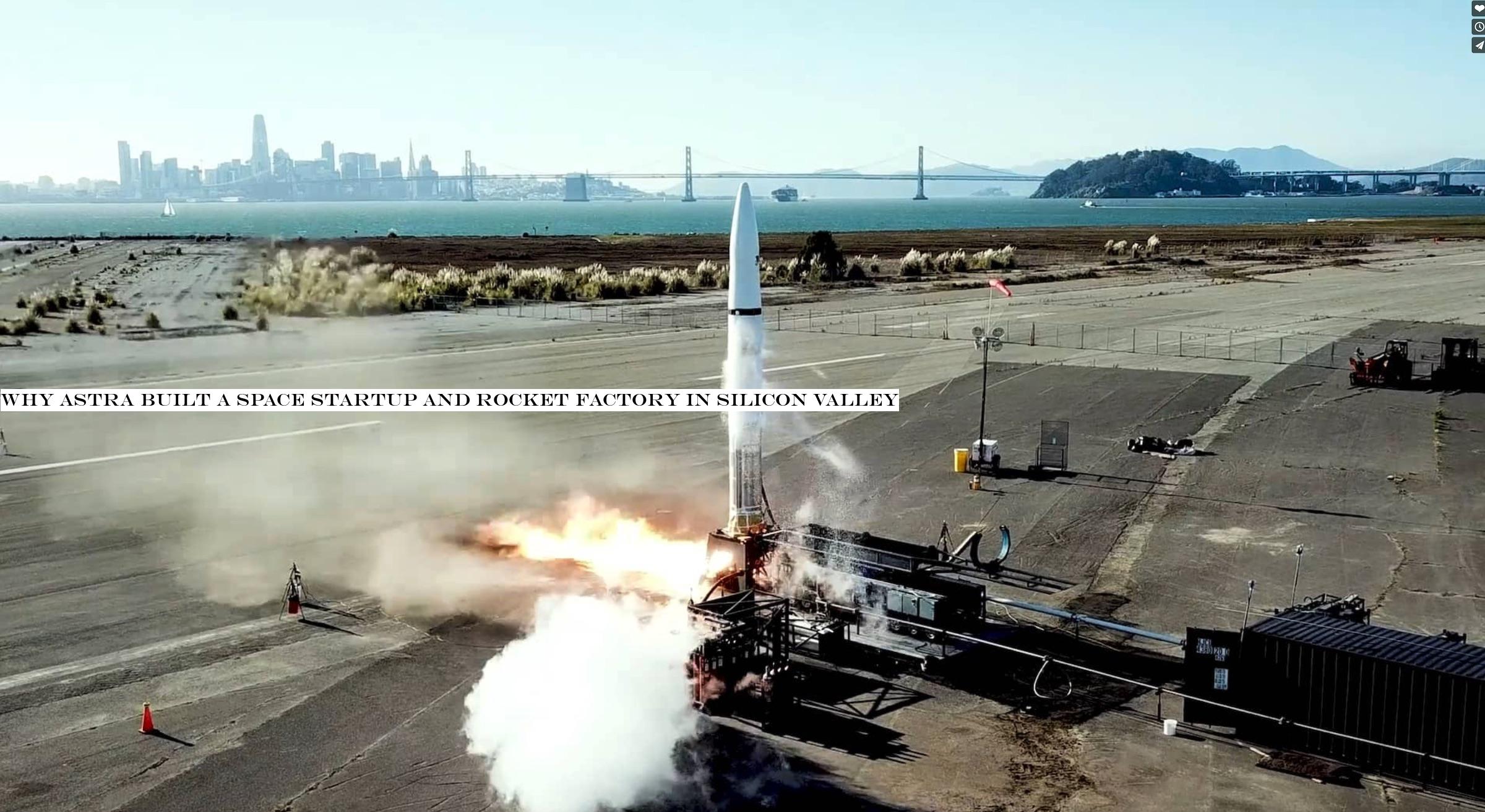
Theres a new launch startup in the mix called Astra, which has been operating in semi-stealth mode for the past three years, building its rockets just a stones throw from the heart of startup central in Alameda County, Calif.
Astras approach isnt exactly a secret its founders didnt set out to hide anything and industry observers have followed its progress but CEO Chris Kemp says hes not particularly bothered about flying under the radar, so to speak.Yes, the company had a somewhat splashy mainstream public premiere via a Bloomberg Businessweek profile on Monday, but that was more by virtue of writer Ashlee Vances keen interest in the emerging space economy than a desire for publicity on the part of Kemp or his cohorts.
In fact, the CEO admitted to me that were it not for Vances desire to expound on the companys efforts and a forthcoming attempt at winning a $12 million DARPA prize for responsive rocketry, Astra would still be content to continue to operate essentially undercover.Thats just one way in which Astra differs from other space startups, which typically issue press releases and coordinate media events around each and every launch.
Kemp, a former NASA CTO, and Adam London, an aerospace engineer who previously founded rocket miniaturization startup Ventions, designed their rocket startup from the ground up in a way thats quite different from companies like SpaceX, Blue Origin and Rocket Lab.Ive never been to one of our launches, Kemp told me, referring to two test launches that Astra flew previously, both of which technically failed shortly into their flights.
Because I dont think the CEO, or frankly any of our employees, should be anywhere near the rocket when it launches; we should automate everything.
As much as possible, lets put the rockets where they need to launch from, which might be an island on the equator, and it might be way up north near the poles, but lets not add cost by putting a huge spaceport with fixed fortification in a very expensive place where its very hard to get to.

 6
6







